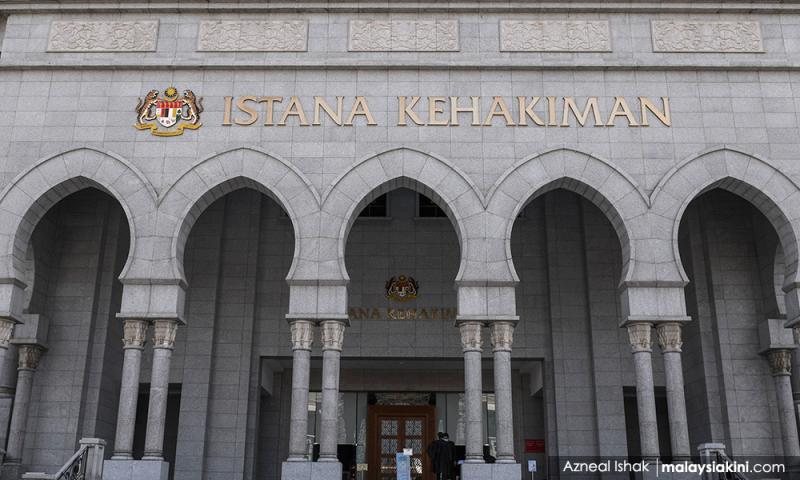LETTER | Punishment for graft must be more severe
LETTER | The current government’s relentless efforts in combatting corruption must be lauded and as loyal citizens, we give our full support to the noble mission.
Having said this, despite an all-out effort to fight corruption, we still see new cases of individuals being investigated and brought to court.
From these incessant attempts to stop corrupt practices, we should be asking ourselves, why are these corrupt practices still so rampant?
One possible loophole may lie in the government machinery, whereby those in power or those very closely connected to powerful people are in a position where they can exert great influence on the decision-making process.
If this is the case, then the effort to plug this weakness must be looked into without delay.
Another reason why corrupt practice is still continuing is our laws on corruption are not severe enough to serve as a deterrent to ill-gotten riches.

If found guilty, these corrupt persons are fined maybe ten times the bribes accepted and a jail term of a few years. And we even have a case of seeking a royal pardon.
Proven overwhelmingly guilty at every stage of the judiciary process, and with many more related corruption cases in varying legal progress, the very effort of applying for a royal pardon is itself a shameless act and a mockery of our legal system.
In fact, an application for a royal pardon should be made applicable to a guilty person in a single case.
A guilty person with a string of corruption cases being eligible to apply for a royal pardon does not speak well of our laws,
And this application comes from a man who was mandated to manage the country’s finances and look after the welfare of all Malaysians. On the contrary, his actions and deeds resulted in a huge debt for all of us and decades are needed to clear these debts.
In view of greedy people resorting to corrupt ways of getting rich, laws surrounding corruption and corrupt practices should be revamped so that the guilty would be punished manifold as compared to what we have currently.
Along with harsher punishment in terms of jail terms and fines, the eligibility for a royal pardon must also be refined. For example, those found guilty must have served at least three-quarters of their jail term as a qualifying condition.
Seeking a royal pardon almost immediately after exhausting all legal avenues does not reflect well on our rule of law and legal system.
Foreign investors would view this as a really “Malaysia Boleh” situation, where everything is possible in the country. This negative view will not attract foreign investments.
In short, it is felt that our current laws on corruption are vastly inadequate. Being such, we continue to see people resorting to getting rich fast, hoping not to be caught.
If the punishment were to be much more severe, such cases would be minimal.
The views expressed here are those of the author/contributor and do not necessarily represent the views of Malaysiakini.
RM12.50 / month
- Unlimited access to award-winning journalism
- Comment and share your opinions on all our articles
- Gift interesting stories to your friends
- Tax deductable
